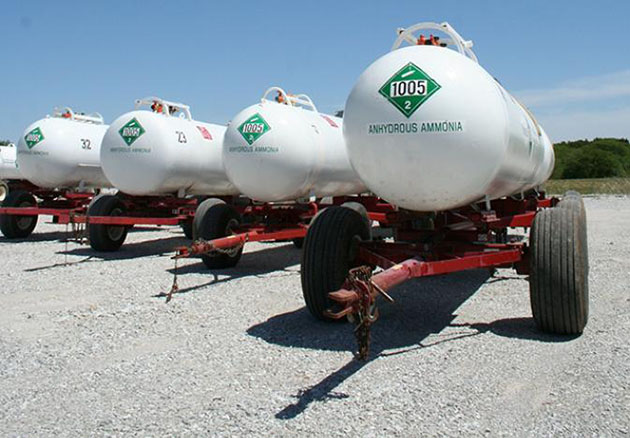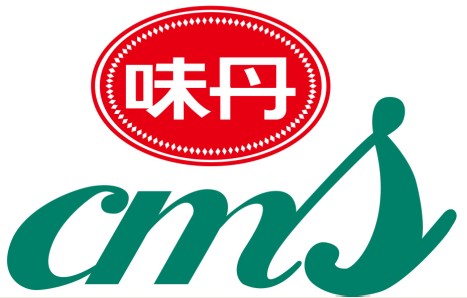Fertilizer Industry Contributes $130 Billion to US Economy
Author:Fertshow Release Time:2020.10.29 Number Of Visitors:1523

The Fertilizer Institute (TFI) today released the Fertilizer Industry Economic Impact Study, highlighting the importance and economic contributions of the U.S. fertilizer industry to the national, state and local economies. ( Margy Eckelkamp )
The Fertilizer Institute (TFI) today released the Fertilizer Industry Economic Impact Study, highlighting the importance and economic contributions of the U.S. fertilizer industry to the national, state and local economies. The study found that the fertilizer industry contributed over $130 billion and nearly 500,000 jobs to the U.S. economy in 2019.
“The fertilizer industry doesn’t just help grow the food on your dinner table, we also help grow the U.S. economy,” said TFI President and CEO Corey Rosenbusch.
Deemed an essential industry during the COVID-19 pandemic, fertilizer manufacturers, wholesalers, retailers and distributors have a sustained positive impact on communities all across the nation.
“We often highlight that fertilizer is responsible for over half of the world’s food production, meaning without our industry we’d only have half as much food for the planet’s growing population,” Rosenbusch continued. “The data in the study shows that we’re not only feeding the world, we’re also feeding our national, state and local economies through direct and indirect employment and wages, the value of the crops and farm products produced with our plant nutrients, and the transportation and logistical network that moves plant nutrients to the farmers to be there exactly when they need them. The movement of fertilizer alone benefits our economy to the tune of nearly $9 billion annually.”
The publication of the study, conducted for TFI by John Dunham and Associates, is the culmination of months of compiling data including the direction contribution, supplier contribution and downstream positive impacts of the entire fertilizer industry value chain – from manufacturers to wholesalers, retailers and goods and service providers.
Source from: AgProfessional







